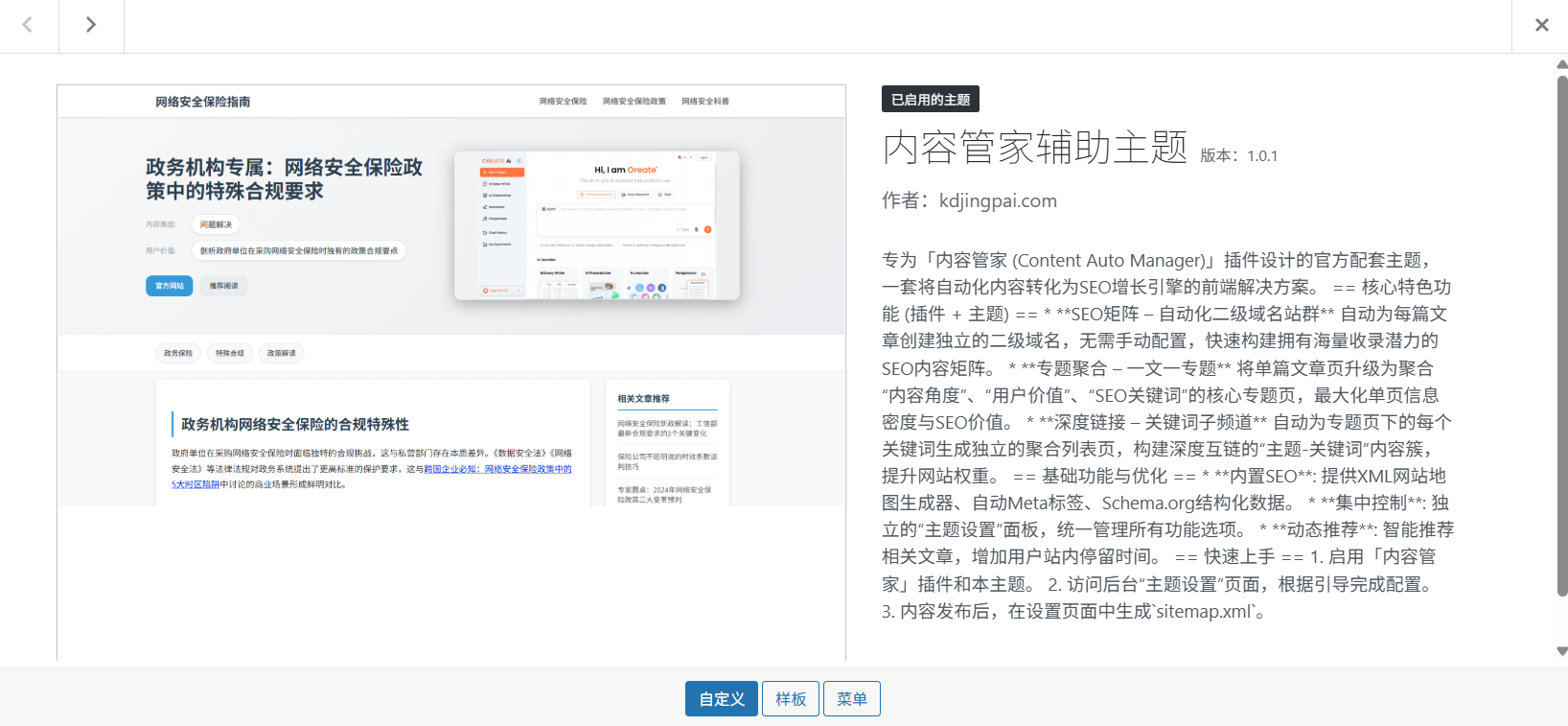Deep Agents efficiently handle long and complex tasks through the following mechanisms:
- Tasking and planning: Use built-in planning tools to break down complex tasks (such as market analysis or academic research) into multiple subtasks and generate actionable steps.
- Sub-agent collaboration: Parallel processing and result integration is achieved by assigning roles (e.g., search, summarization) to multiple sub-agents.
- virtual file system: Store intermediate results (e.g., research reports or code analysis) and support persistence and sharing of task state.
- asynchronous execution: Allows highly concurrent operations and avoids blocking, and is especially suitable for tasks that require multiple iterations.
For example, the user simply specifies a task goal (e.g., analyzing EV market trends), and Deep Agents automatically plans and coordinates sub-agents to complete data collection, analysis, and report generation.
This answer comes from the articleDeep Agents: a Python toolkit for rapidly building AI agents for complex tasksThe
































